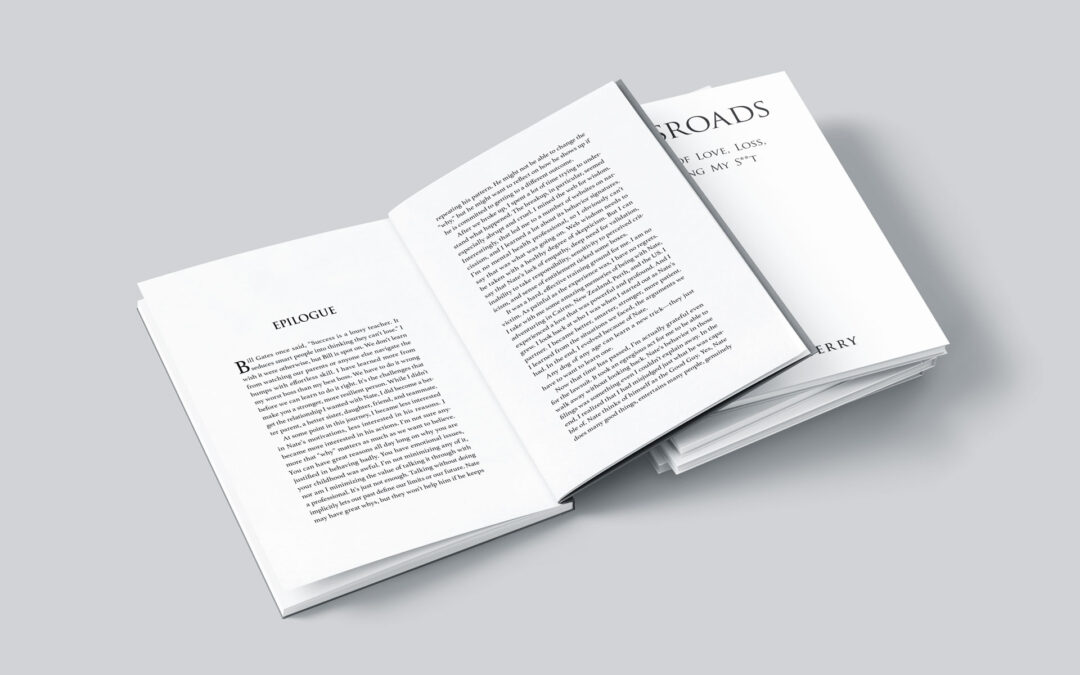Business owners and bloggers are in a constant arms race to optimize their blog posts and keywords to land on the coveted first page of Google search results. As I perused a website that tells you what search terms users are looking for, one of the suggested answers was, to my amusement, “Is ghostwriting halal?” A variation, I suppose, of “is ghostwriting legal?” or “is ghostwriting ethical?”, which is a question I’m asked a lot.
The Ethics of Authorship
Let’s start with the big question: Is ghostwriting inherently deceptive?
At first glance, it might seem so. After all, the ghostwriter does the writing, but someone else gets the credit. Isn’t that like turning in a term paper you didn’t write?
Not quite.
In the world of publishing—especially in nonfiction, business memoirs, thought leadership books, and even speeches—ghostwriting is less a deception and more a collaboration. A good ghostwriter doesn’t invent your ideas. They organize, polish, and elevate them. They listen to your stories, reflect your voice, and amplify your message in a way that makes it more accessible to your audience.
You could think of it like hiring a personal trainer. You’re still lifting the weights, but someone is helping with your form, your plan, your pacing.
Transparency Is the New Credibility
In the past, ghostwriting was a behind-the-curtain kind of gig. No one talked about it. But times have changed.
More and more authors—especially CEOs and public figures—are comfortable acknowledging their ghostwriter in the acknowledgments or even on the cover as a co-author. The stigma is gone, and transparency is becoming part of the package.
Is that necessary? Not always. But it’s a nod to the collaborative nature of the work. And it builds trust with readers, who are increasingly savvy about how books come to be.
What Makes Ghostwriting “Halal” (Or at Least Ethical)?
If we’re using “halal” in the figurative sense—meaning clean, honest, and above board—then yes, ghostwriting can absolutely be halal. But, like anything, it depends on how it’s done.
Here are a few principles I keep in mind:
-
Consent and Clarity – Both parties should understand the nature of the collaboration. No bait-and-switch, no fine print shenanigans.
-
Authenticity – The ideas, experiences, and voice should belong to the named author. If a ghostwriter is fabricating quotes or inventing life stories, that’s a hard no.
-
Integrity – The end product should reflect the author’s true values and expertise. The ghostwriter is there to help articulate that truth—not create a persona from scratch.
Thought Leaders Don’t Have to Be Typists
One of the big myths I run into is the idea that writing your own book is some kind of rite of passage. That if you don’t type every word yourself, you haven’t “earned” the title of author.
Writing is a skill. So is leadership. So is vision. CEOs, founders, and changemakers often have world-shifting insights—but no time or training to structure 60,000 words into a compelling narrative.
That’s where ghostwriters come in. We’re translators. We take the knowledge that lives in your voice memos and your late-night emails and turn it into a manuscript that sounds like you—only more organized and with fewer comma splices.
So… Is Ghostwriting Halal?
If by “halal” you mean honest, respectful, and done with mutual understanding and integrity? Yes. When done right, ghostwriting is a service. A craft. A partnership.
And for the record, if you’re a Muslim entrepreneur looking to get your book written, I’d be honored to help. Inshallah!


Recent Comments